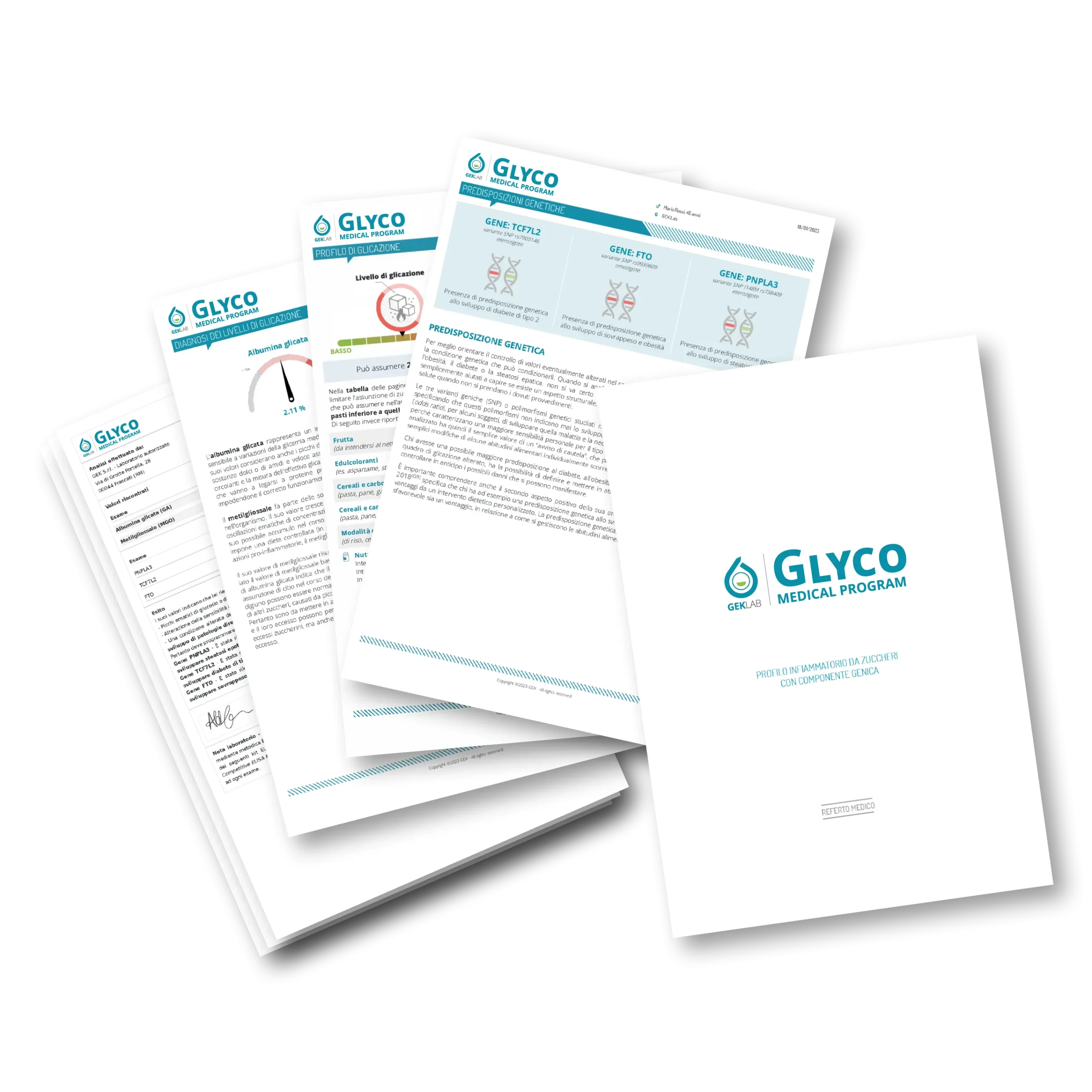Updated on October 11, 2024

The return to school is a time of great change in the daily routine—for students, their parents, and even teachers—and it is essential to pay attention to nutrition to avoid that typical mid-morning drowsiness. A balanced diet and the right food choices can make a difference in eliminating unnatural fatigue and improving academic performance.
In this article, we will explore how eating habits can influence morning fatigue, cognitive abilities, and provide the necessary energy to face school commitments.
Nutrition and Academic Performance
A balanced diet not only improves overall health but also academic performance. Fruits, vegetables, lean proteins, and mostly whole grains can help your children focus better and achieve better results at school.
A child who skips breakfast is more likely to feel tired and distracted, leading to difficulty concentrating.
Nuts and seeds, oily fish, salmon, legumes, leafy green vegetables, and bitter cocoa are some of the foods that can help improve cognitive abilities. They are rich in vitamins, minerals, antioxidants, and omega-3 fatty acids, which are essential for brain development and function, as well as for enhancing memory and cognitive abilities, thus improving academic performance. (Source: Nutrients, July 2013)
Breakfast: The Most Important Meal of the Day
Breakfast is the most important meal, as it provides the body with the energy needed to tackle the morning and optimally sets up the metabolism for the entire day. A child who skips breakfast is more likely to feel sleepy and fatigued, leading to difficulty concentrating. The long-term effect on academic performance is a consequence of this difficulty. Whole grains, fresh fruit, and especially proteins, often neglected in the Italian breakfast, are great allies to start the school day off on the right foot. Greek yogurt with nuts and oats, a toast with ham, cheese, and whole grain bread, or eggs and avocado with buckwheat crackers, all accompanied by a seasonal fruit, are great examples of a breakfast that will provide energy and help concentration throughout the morning.
Why Are Proteins Important at Breakfast?
Proteins provide a more stable source of energy compared to sugars and carbohydrates. This way, the brain receives a constant supply of amino acids from the breakfast nutrients, which are the building blocks for the production of neurotransmitters involved in concentration and memory. Furthermore, students are less likely to experience blood sugar spikes that can cause fatigue, morning drowsiness, and drops in concentration and performance. Proteins also help maintain a sense of fullness, preventing hunger pangs that can be distracting during lessons.
Ultra-Processed Foods: A Silent Enemy
Ultra-processed foods can have a negative impact on academic performance and cognitive functions: those who consume these foods experience a negative interference with memory, while those who stop consuming them see a noticeable improvement in memory and intellectual performance.
Ultra-processed foods include sugary drinks, packaged snacks and cookies, industrial ice cream, cake mixes, and many others.
In addition, snacks and drinks with artificial coloring can cause hyperactivity in children. It’s better to opt for natural and organic foods to avoid exposure to these harmful additives.
Snack salutari
During the long school day, students may feel the need for a snack. Let’s avoid, as we’ve understood by now, industrial products full of refined sugars and hydrogenated fats, and instead prefer nutritious snacks like nuts, dried fruit, yogurt, and perhaps homemade cereal bars with oily seeds, extra dark chocolate (80-85%), and plenty of dried fruit. These foods release energy more gradually, keeping blood sugar levels stable and, consequently, improving concentration and avoiding the feeling of fatigue throughout the morning.
For busy parents, preparing healthy snacks may seem like a daunting task. However, with a little planning, it is possible to prepare delicious and nutritious snacks in no time.
Finally, let’s remember that water is essential for the optimal functioning of the brain, and dehydration can negatively affect concentration and memory. In winter, when the sensation of thirst is less pronounced, it can be helpful to drink unsweetened hot tea and herbal infusions as well.
Physical Activity for a Healthy Mind
In addition to a healthy and balanced diet, physical activity plays a crucial role in maintaining cognitive abilities at their best. Sports like soccer, basketball, swimming, or volleyball, as well as free play in the park, increase blood flow to the brain, improving oxygenation and the function of brain cells. Regular physical activity can also help reduce stress and improve mood, creating an optimal mental environment for learning,
Unfortunately, many students abandon their healthy sports habits during periods of greater school stress, when it would actually be more beneficial to continue them. Paradoxically, eating well and staying active is more important during particularly demanding times than during vacation, when one might indulge in an afternoon nap instead.
Adequate Rest
And speaking of sleep, let’s remember that a good night’s rest is a crucial element for academic success. Ensure that your children have a regular and sufficient sleep routine, as sleep helps consolidate memory and supports the recovery of cognitive abilities.
Sedentary Lifestyle and Overweight in Young People
The daily intake of excessive simple sugars through diet, in addition to causing cognitive problems, can lead to actual inflammatory or metabolic damage
The daily and excessive use of various sugars (glucose, fructose, and polyols) can become the inflammatory trigger that leads to, in addition to weight gain, various health conditions.
To understand how significant the damage from sugars in the body can be and to implement effective dietary changes, even for young people, it may be worth undergoing a Glyco Medical Program before starting any diet regimen.
The results will allow you to accurately determine how often a genuine treat can be enjoyed.
Conclusion
With the help of a healthy and balanced diet, young people can tackle the return to school without sudden bouts of fatigue and achieve better results in their studies. It’s important for parents to encourage their children to eat fruits, vegetables, and whole grains, and to limit the consumption of sugary and packaged foods. Cooking at home as much as possible, involving children in grocery shopping and meal preparation, and offering a variety of foods can be helpful in this regard.
In conclusion, a balanced diet and regular physical activity are essential for your children’s overall well-being and academic success. By incorporating these tips into their daily routine, you can help them keep their minds alert, focused, and ready for learning. Investing in their nutritional health and physical activity is an investment in their future.
By the Scientific Editorial Team of GEK Lab





